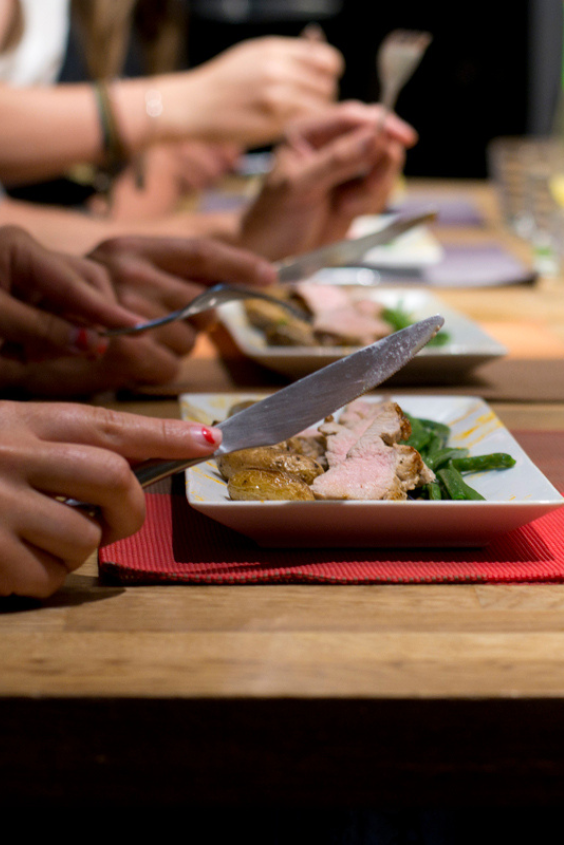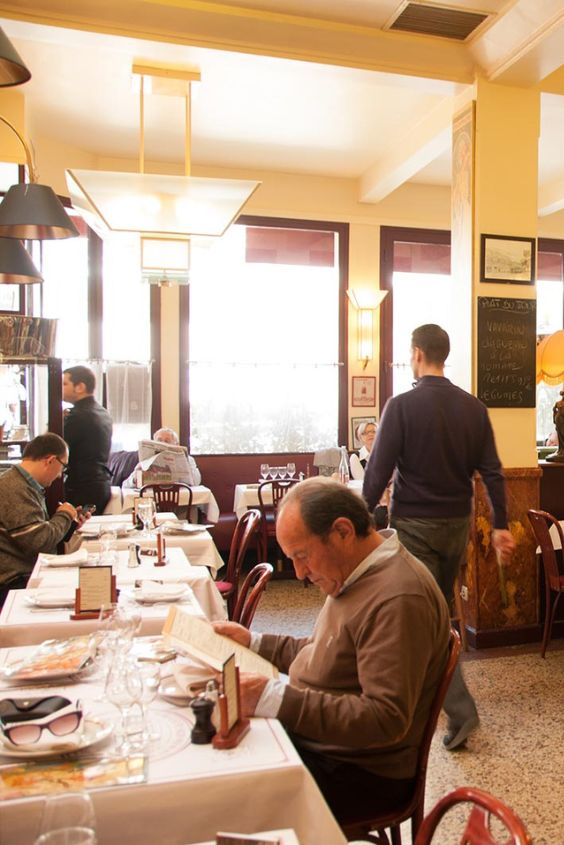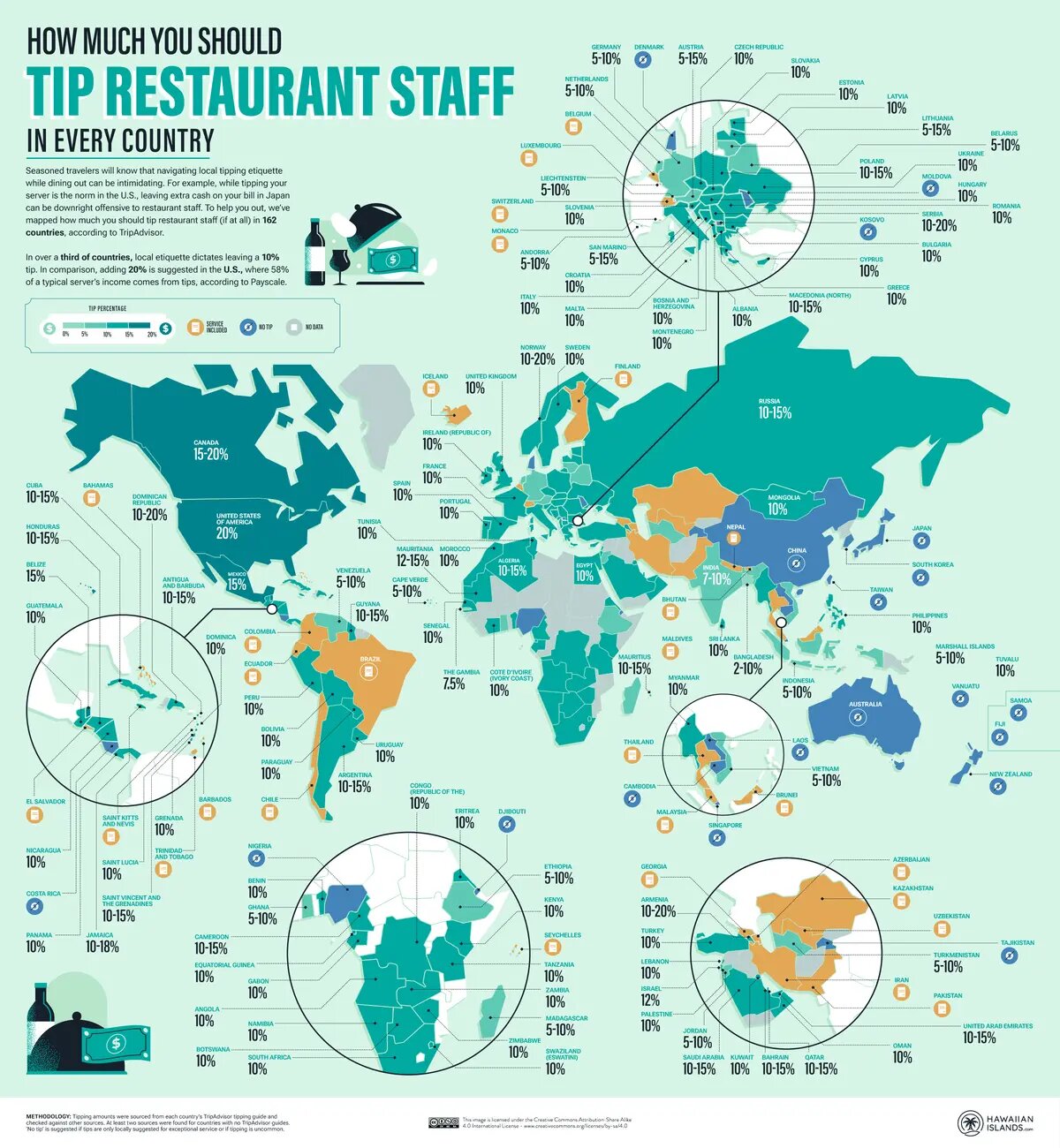
Tipping in France & Spain – What’s Expected?
Welcome to the captivating realm of Europe, where the art of tipping adds another layer of intrigue to your immersive travel experience. Tipping customs can be a perplexing aspect of international travel, as they vary widely from country to country. While we strive to be polite and appreciative, there is always the concern of not wanting to overdo it and unintentionally insult someone, particularly when traveling in a country known for its opulent charm, where expenses can add up quickly.
So it’s important to navigate this cultural terrain with grace and awareness, ensuring that we show our gratitude without misconstruing the intentions or losing sight of our budgetary constraints during what is usually already an expensive journey!
So, as we delve into the fascinating world of French and Spanish etiquette, let’s uncover the nuances of tipping in these enchanting countries, and strike that delicate balance between expressing appreciation and maintaining financial prudence. To start with…

Should you be leaving a tip in France 💸 🇫🇷
In France, you’ll often find that in the restaurant business, there is “service compris,” as part of your bill, which is essentially the service you receive, included in the price of the meal. However, it is also customary to leave an additional tip of 5-10% of the total bill if the service was exceptional.
But first, it may be helpful to understand exactly what “service compris” means. It does not mean that whatever that service charge is, is going to YOUR waiter. These are additional funds that are paid to the business that are then meant to be divided among all staff and distributed on top of their salaries. How that is done can be based on a variety of calculations too complicated to get into here. This is not at all the same as the “pourboire”, which literally means, “to drink” and is handed by you over to the waiter and it this not taxes. Some restaurants still prefer to put all those tips together and divide them at the end of the shift so the people who also make it possible for you to have enjoyed your meal (the bus staff, dishwashers, and cleaners also get something).
Is tipping an expectation?
In France, tipping is not expected in the same way it is in some other countries. French service industry workers are generally paid a higher wage than in certain other countries, so tipping is not necessary to supplement their income. It’s a whole other debate or conversation about whether or not that wage is a liveable wage as it depends on where they have to or where they’ve chosen to live.
That being said, if you have received exceptional service and wish to leave a tip, it is appreciated. You can leave the tip in cash on the table.
In some tourist areas, tipping may be more expected due to the higher number of visitors from countries where tipping is customary.
Of course, it is not only in a restaurant that you run into the tipping debate. Whenever you have received a service you may be asking yourself if you should tip while in France. The simple answer is, it is up to you both in terms of if you should and how much.
What do the French do?
In general, the French are not big tippers themselves, but in quizzing the French chefs of Cook’n with Class, they all agree that while usually a tip is not expected at the end of a meal, having worked in restaurants, they will leave between a few euros to 10% if it was exceptional service. But they note that it isn’t an automatic reflex and tipping is not obliged. To get more ‘tips’ from them you should join them for a cooking class! Or check out this blog to avoid other common cultural faux pas in France!

Should you be leaving a tip in Spain? 💸 🇪🇸
The tipping culture in Spain resembles the attitude of France in that it is not as common as it is in some other countries (particularly the US). And the unwritten tipping rules are largely similar.
In Spain, it is not expected to leave a large tip, and the amount left as a tip is generally small, if at all.
In many cases, as in France, the cost of service is already included in the price of the menu meaning that, no additional tip is expected. This is known as “servicio incluido” or “I.V.A. incluido” which means “service included” or “VAT included”.
What is common tipping practice in Spain?
It is still common to round up the bill to the nearest Euro or leave a small amount of change as a gesture of appreciation for good service. For example, if the bill comes to 22.50 Euros, you may leave 23 Euros, or if the bill is 48.70 Euros, you may leave 50 Euros. And when you’ve enjoyed your meal and your server has helped you out as expected (or especially if they went above and beyond), it’s common practice to leave 10% of the bill.
So tipping in restaurants in Spain is also not expected or required, but leaving a small amount as a gesture of appreciation for good service is always appreciated and as a visitor to their country it’s always nice to stay on the right side of ‘good guest’ behavior. This kind of etiquette really requires the knowledge of a local, if you’re jumping into Spain for the first time consider joining a culinary tour. Let’s Eat The World will take you through the cultural and culinary intricacies of Seville so that you can discover local cuisine with a chef and get the know-how from a travel expert all through your trip.
If you don’t want to stop at France & Spain…
In general, European countries typically tip around the 10% mark but if you want to be sure of what you’re tipping from country to country here is a handy infographic from Hawaiian Islands to straighten things out throughout Europe and beyond!




